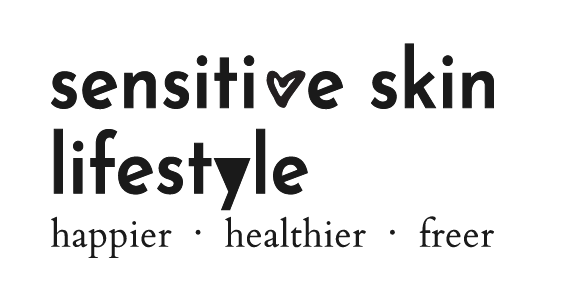My Spouse Changed Her Diet to Heal, Did I Join Her? – written by my husband
This blog post is written by my husband.
Living with a spouse suffering from eczema can be challenging. It can mean periods of worrying about the pain and discomfort she (or he) is going through – scratching, itching and shedding. For my wife, part of her ongoing recovery was to find a customized eczema-friendly diet (we’ll share more about this in a later post).
It is always enjoyable to eat together with your spouse. But is it practical to change your diet to eat the same things as your spouse? How do you do this when you have to eliminate 80% of the foods that you have been eating your whole life?
My wife and I like our meats – beef, fish, chicken and pork. But as my wife’s eczema became a serious health issue, she had to make drastic changes to her diet.
We both had to make changes.
In this blog post, I’d like to share my experience from the perspective of an eczema sufferer’s spouse so that you can make your diet transition easier and be that positive pillar to your wife (or husband):
- Be Supportive In Your Spouse’s Diet Changes
Your spouse is going through a rough time and the contradictory information on the Internet regarding elimination diets are not helping. So, it is totally natural that they will move from one diet to a drastically different diet within days. It might be frustrating, but, it is a necessary part of the healing journey. Everyone has different reactions to different foods. Celery juice may work wonders for some, do nothing for others and have adverse effects for few. Try to be patient if your spouse buys 3 bunches of celery one day, and then decides to omit celery altogether the next day! - Plan Your Meals
My wife and I love to cook together and it is something we continue to do even after massive diet changes. How? Plan your main meals. My wife eats a low histamine diet, but I love fish (and many fish species contain high levels of histamine). We still enjoy eating lots of fishes in our diet by knowing which types of fish to purchase, stocking up on frozen fishes for pan-frying or soups, and planning fresh fish purchases on the days we have decided to have steamed fish. Planning maximizes the foods that are on your spouse’s “allowed list” which both of you find appetizing, yet won’t aggravate your spouse’s eczema condition. - Maximize The Common Ingredients
Cooking two separate dinners all the time is not practical or sustainable. As your spouse’s diet evolves, you will have to make some changes in order to share the same dishes. Making a list of “approved” vegetables and meats will help determine what kind of meals you can share with your spouse. This maximizes the times where you and your partner can share the same dishes. Even if each of you have different meats, sharing vegetable side dishes will still significantly reduce cooking burn out. - You Can Still Have Your Beer & Chips, Just Don’t Do It In Their Face
I snack on potato chips and chocolates and my wife eats roasted seaweed and rice crackers. Giving up your snacks can be difficult……but what is harder is watching someone eat chocolate while knowing you might never be able to have milk chocolate again! You have to be considerate, which, in my case, meant eating my snacks in my man-cave and keeping them out of sight from my wife. - Leave Time For Your Own Favorite Foods Too
Your spouse is going through a hard time, and it will only be harder if you are also miserable because you miss your favorite foods. The difference here is that you CAN treat yourself and it will help your mental state. Now, this doesn’t mean eating alone every day or gorging on junk food. Giving yourself a once-a-week treat lunch can do wonders in increasing your own moral and presenting a more supportive, and positive attitude for spouse.
Do you have a spouse suffering from a chronic medical condition that requires a drastic diet change? What is your experience like? Share your stories in the comments below!

Amazing article. Very very good. 👏👏
Thank you Pearl for your feedback ❤ ❤